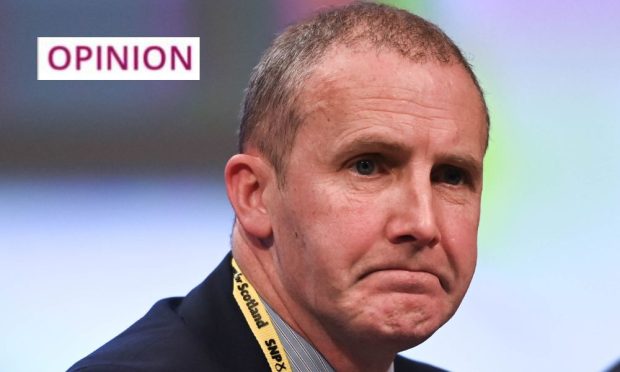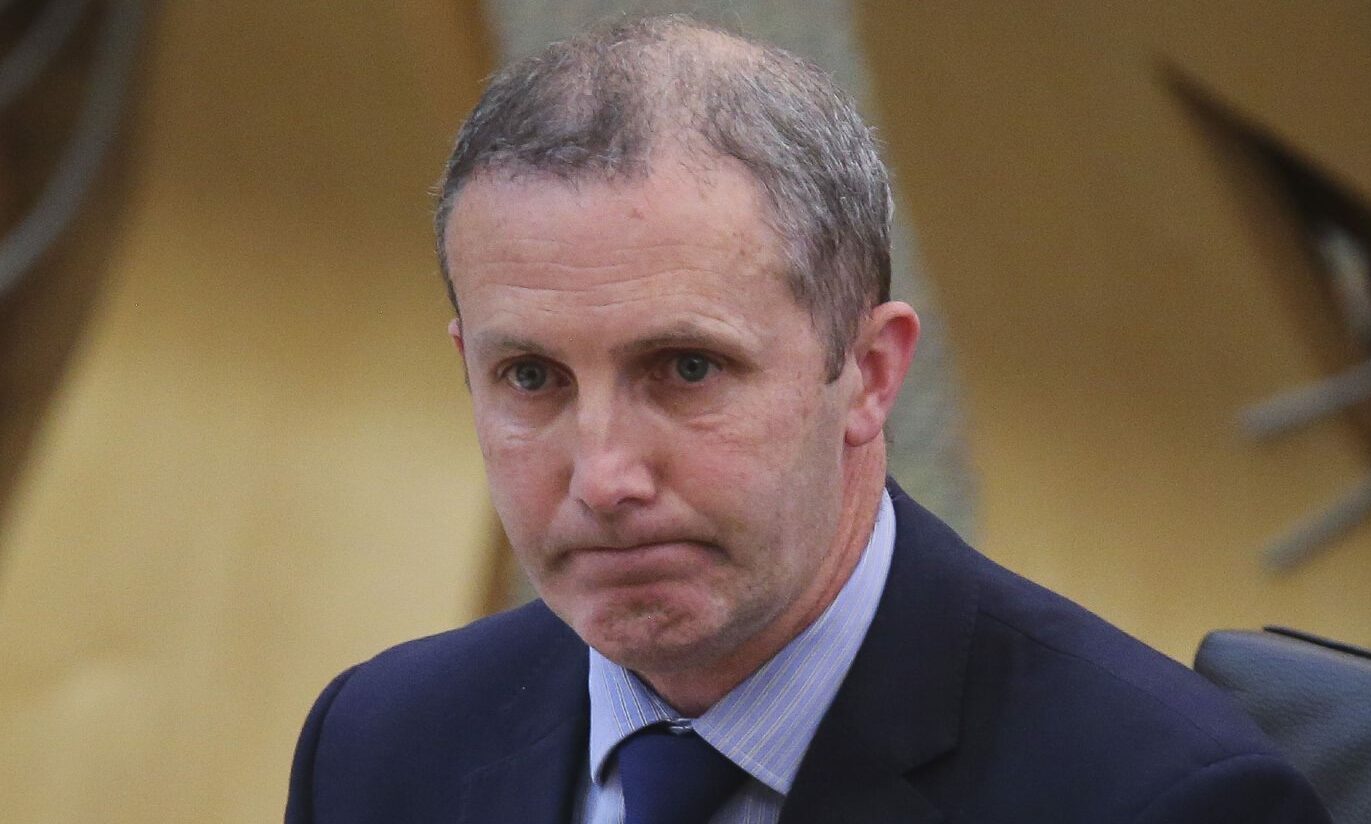Ever since the Watergate Scandal brought down President Nixon, it has been suggested it is the cover-up, rather than the crime itself, that gets you.
And the case of Michael Matheson and Datagate indicates this adage largely holds true.
After all, what concerns the public about political scandals is often not so much the wrongdoing itself.
Politicians are human beings, and human beings make mistakes.
Real problem
Who among us, for instance, has not ignored pesky emails from the IT department demanding we update this or that, apparently oblivious to the fact we have much more important things to be getting on with?
Who has not been tempted to point out that, in any case, it is their job to keep IT up to date, not mine?
Who, indeed, has not forgotten to connect their work iPad to Wi-Fi, but nevertheless clicked “download anyway”, aware, even subconsciously, that is does not really matter as someone else is picking up the tab?
These are common mistakes, and most people will sympathise – and eventually forgive – those that make them, particularly when they pledge to avoid making similar mistakes again.
The real problem arises when you fail to admit such errors – or try to cover them up.
In such a circumstance, a forgivable mistake becomes an unforgivable dishonesty, and matters are significantly escalated.
Scandal, like speculation, thrives in the shadows, and the only way to avoid both is to put everything into direct sunlight.
This is where Matheson – and the wider SNP machine – has got it wrong.
First of all, they tried to hide his £11,000 data bill in a mountain of other expenses claims.
Then he – as well as the first minister – tried to justify it as a legitimate expense even though it included more than £7,000 of charges on just one day.
Finally, and only after a significant outcry and major reputational damage to the government, did he agree to pay the money back himself.
More questions than answers
That could have been – indeed, should have been – the end of the matter but it seems the SNP is still determined to keep some of the details in the shadows and thus encourage further interest and speculation.
Matheson has, for instance, refused Scottish Conservative demands to hand over his iPad for examination by parliamentary authorities.
It is unclear what, if anything, this would glean in practice but the refusal to agree to the demand naturally arouses suspicion.
Certainly, if there are legitimate reasons for refusing to hand the device over, they have not been clearly stated.
Meanwhile, an itemised breakdown of Matheson’s data usage by the Scottish Parliament, which itself has taken an inexplicably long time to be made public, raises more questions than answers.
Why, for instance, were Matheson’s data charges so concentrated on specific days and completely absent on others?
What was the nature of this parliamentary work – apparently undertaken during recess – that required such large quantities of data at such particular times but no data at other points?
Again, there may be perfectly legitimate explanations for this, but if there are, they have not been clearly stated.
Note: On Thursday afternoon, following the publication of this column, Michael Matheson blamed his teenage sons using his official iPad to watch football while on holiday in Morocco for the £11k bill in data roaming charges.
By finally agreeing to pay the £11,000 bill, Matheson – and the SNP – will have hoped to end the Datagate scandal.
Instead, by failing to be fully transparent, questions continue to abound and the Scottish Conservatives are contemplating a no confidence motion in the health secretary.
Thus, the SNP has forgotten the most important lesson of modern political scandals: that it is not the crime that gets you, but the cover-up.













Conversation